Gartner’s Vision of the Top 10 Tech Trends for 2025
Explore Gartner's 2025 tech trends, from autonomous AI to post-quantum security, shaping the future.


The future is fast approaching, and Gartner’s latest report on Tech Trends for 2025 offers a glimpse into the innovations poised in transforming industries and redefining lives.

These trends reflect a world where artificial intelligence becomes more autonomous, computing paradigms reach new frontiers, and human-machine collaboration takes center stage.
For businesses and IT leaders, these insights provide not just a roadmap for technological adoption but a compass to navigate the opportunities and challenges of tomorrow. By harnessing these advancements responsibly, organizations can drive innovation while safeguarding ethical values and societal trust.
More on Gartner’s Vision on Technology here: Gartner Insights: Conversational GenAI Set to Transform CX by 2025
AI Imperatives and Risks
Agentic AI
Agentic AI systems represent a groundbreaking evolution in artificial intelligence, enabling machines to set goals, plan actions, and execute tasks autonomously.
Gartner predicts that by 2028, 15% of daily work decisions will be made by agentic AI, compared to 0% in 2024. These systems promise a significant boost in productivity but demand robust oversight to ensure ethical alignment and secure operations.
AI Governance Platforms
As AI becomes integral to business operations, governance platforms emerge as critical tools to oversee the ethical, legal, and functional aspects of AI.
These platforms provide transparency and accountability, helping organizations mitigate risks, reduce bias, and comply with evolving regulations. Gartner estimates that by 2028, companies utilizing such platforms will experience 40% fewer ethical incidents.
Disinformation Security
With the rise of Generative AI, the threat of disinformation looms large. Disinformation security innovative technologies counter this risk by verifying content authenticity, detecting synthetic media, and combating harmful narratives.
By 2028, Gartner projects that 50% of enterprises will adopt solutions to address disinformation, a sharp increase from today’s less than 5% adoption rate.
Read more on Generative AI here: Generative AI: Breakthroughs, Perspectives, and Future Trends for 2025

New Frontiers of Computing
Post-Quantum Cryptography (PQC)
As quantum computing threatens to render traditional encryption methods obsolete, post-quantum cryptography (PQC) offers a solution.
These advanced cryptographic techniques are designed to withstand quantum decryption risks, ensuring data security in a quantum-enabled future. Gartner emphasizes the urgency of transitioning to PQC as quantum computing developments accelerate.
Ambient Invisible Intelligence
Ambient intelligence seamlessly integrates low-cost sensors into everyday environments, enabling real-time tracking and interaction with objects. Applications range from retail inventory management to supply chain optimization.
Gartner foresees significant adoption by 2027 but highlights the importance of addressing privacy concerns and user consent.
Energy-Efficient Computing
As computing demands rise, sustainability becomes imperative. Energy-efficient computing leverages innovative technologies like optical and neuromorphic computing to reduce energy consumption while maintaining performance.
Gartner predicts that these advancements will play a pivotal role in meeting environmental goals and reducing operational costs.
Hybrid Computing
Hybrid computing combines multiple computational paradigms—quantum, edge, and optical—to tackle complex problems.
This fusion enables high-performance environments that push the boundaries of AI and automation, opening doors to innovative solutions and enhanced efficiency.

Human-Machine Synergy
Spatial Computing
Bridging the gap between the physical and digital worlds, spatial computing uses augmented reality (AR) and virtual reality (VR) to create immersive environments.
Gartner predicts the market for spatial computing will grow from $110 billion in 2023 to $1.7 trillion by 2033, transforming industries like healthcare, retail, and gaming. However, challenges such as hardware costs and privacy concerns remain.
Polyfunctional Robots
Unlike traditional single-purpose robots, polyfunctional robots can adapt to various tasks, offering flexibility and efficiency.
Gartner forecasts that by 2030, 80% of humans will interact with smart robots daily, up from 10% today. These robots represent a shift toward more adaptable, cost-effective automation solutions.
Neurological Enhancement
Neurological enhancement involves innovative technologies that interact directly with the brain to boost cognitive abilities.
By 2030, Gartner predicts that 30% of knowledge workers will rely on such innovative technologies to remain competitive in an AI-driven workplace. Despite its potential, significant ethical and security concerns must be addressed.
Interested more in Neurological Enhancement? Click here for more!
Strategic Implications and Closing Thoughts
Gartner’s Tech Trends for 2025 paint an exciting picture of a future filled with possibilities. These advancements—ranging from autonomous AI systems to immersive spatial computing—offer unprecedented opportunities in innovating, optimizing, and transforming industries.
However, they also come with significant challenges, including ethical dilemmas, regulatory hurdles, and security risks.
For organizations, embracing these trends is not merely a matter of staying competitive—it is about shaping the future responsibly.
By adopting AI governance, transitioning to sustainable practices, and fostering human-machine collaboration, businesses can drive meaningful progress while maintaining public trust.
As we move forward, the key to success lies in balance: leveraging technology to unlock potential while addressing its inherent risks.
Gartner’s insights provide a vital roadmap for navigating this dynamic landscape, ensuring that technology serves as a force for good in an increasingly complex world.
Lead the Age of Generative AI with Makebot
From cutting-edge Generative AI solutions to industry-specific chatbots, Makebot offers unparalleled innovation tailored to your infrastructure. With advanced LLM integration, we provide scalable, efficient, and customized AI solutions for your business needs.
Contact us today at b2b@makebot.ai or visit makebot.ai to transform your operations and lead the future of Tech Trends for 2025.

Studies Reveal Generative AI Enhances Physician-Patient Communication


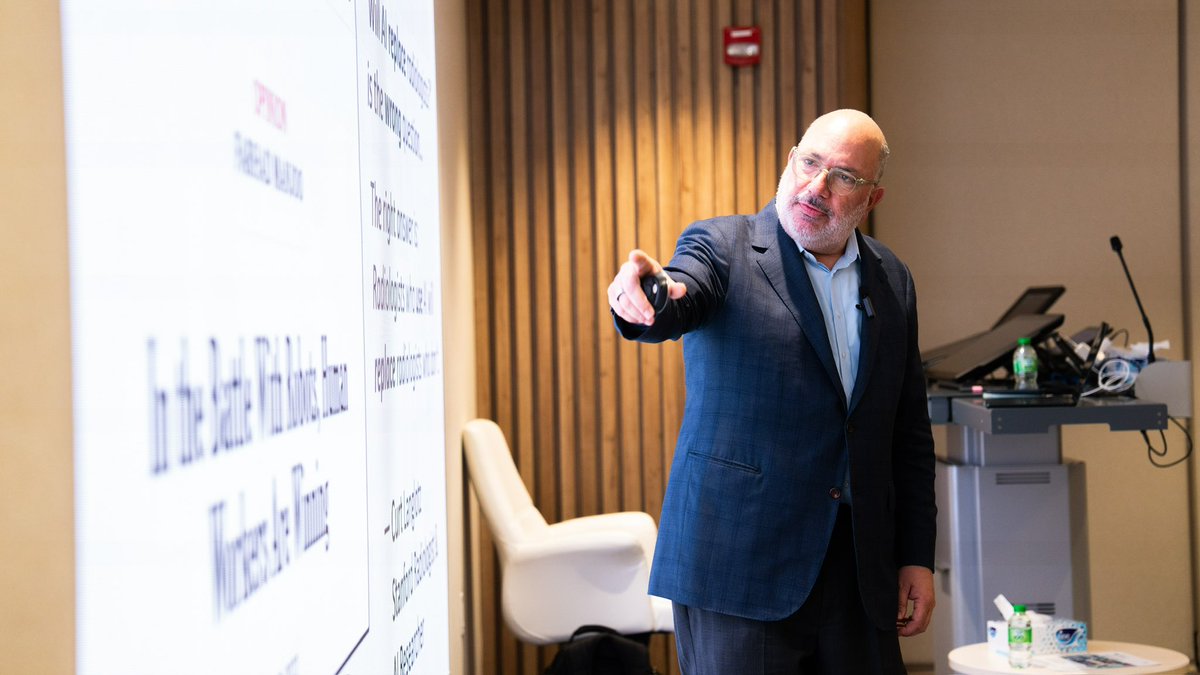





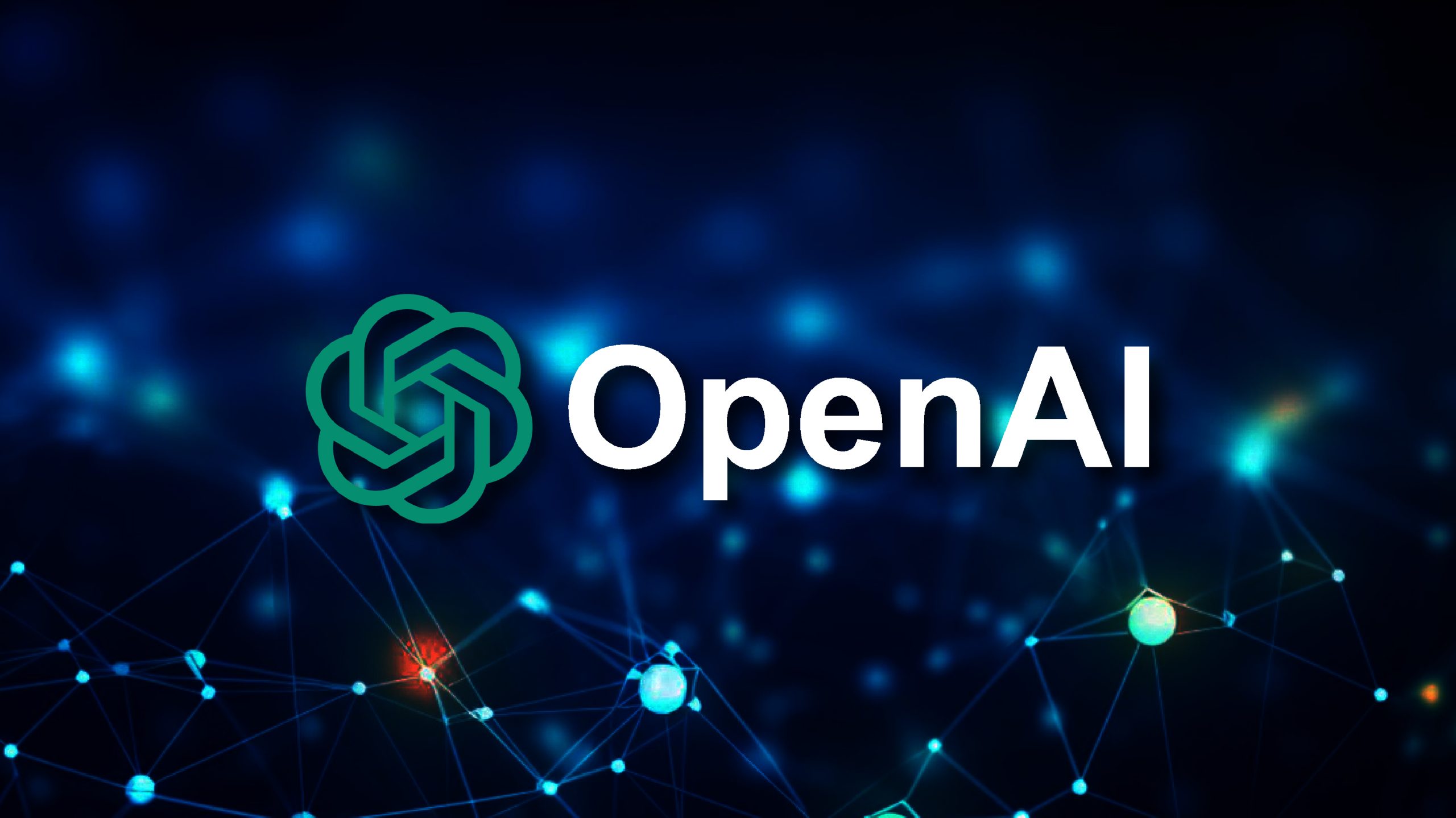



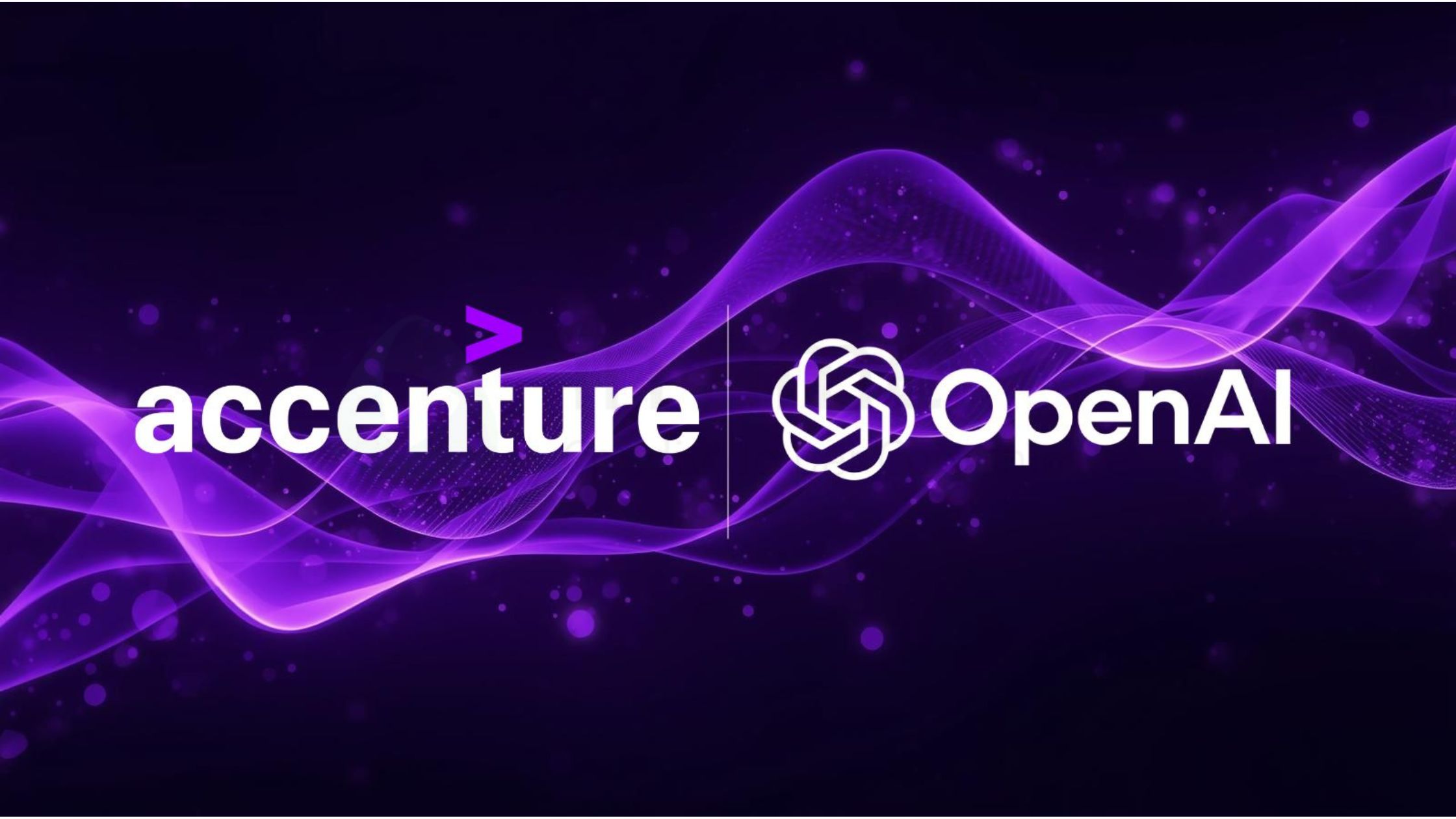
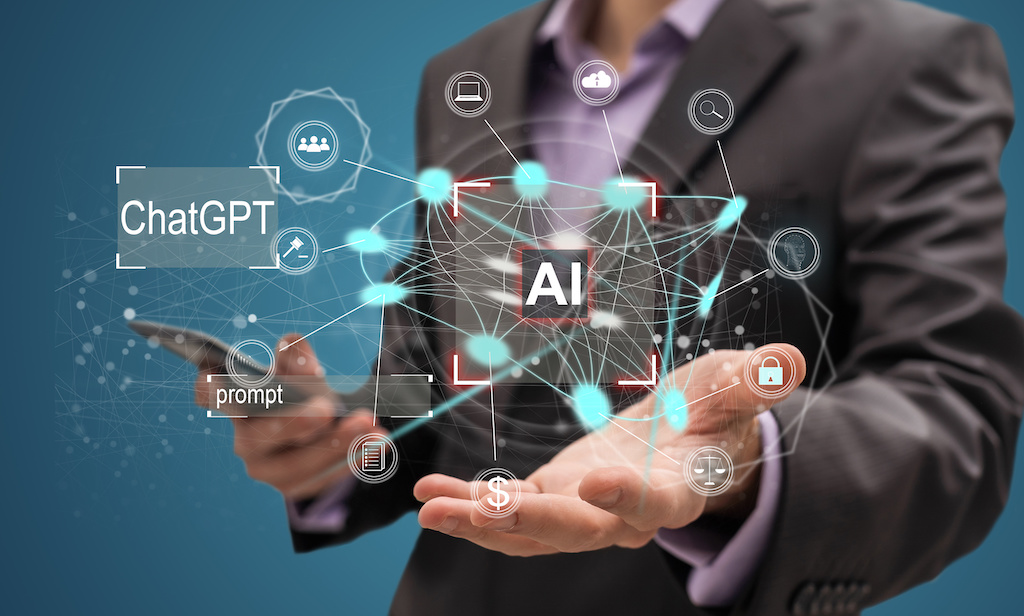


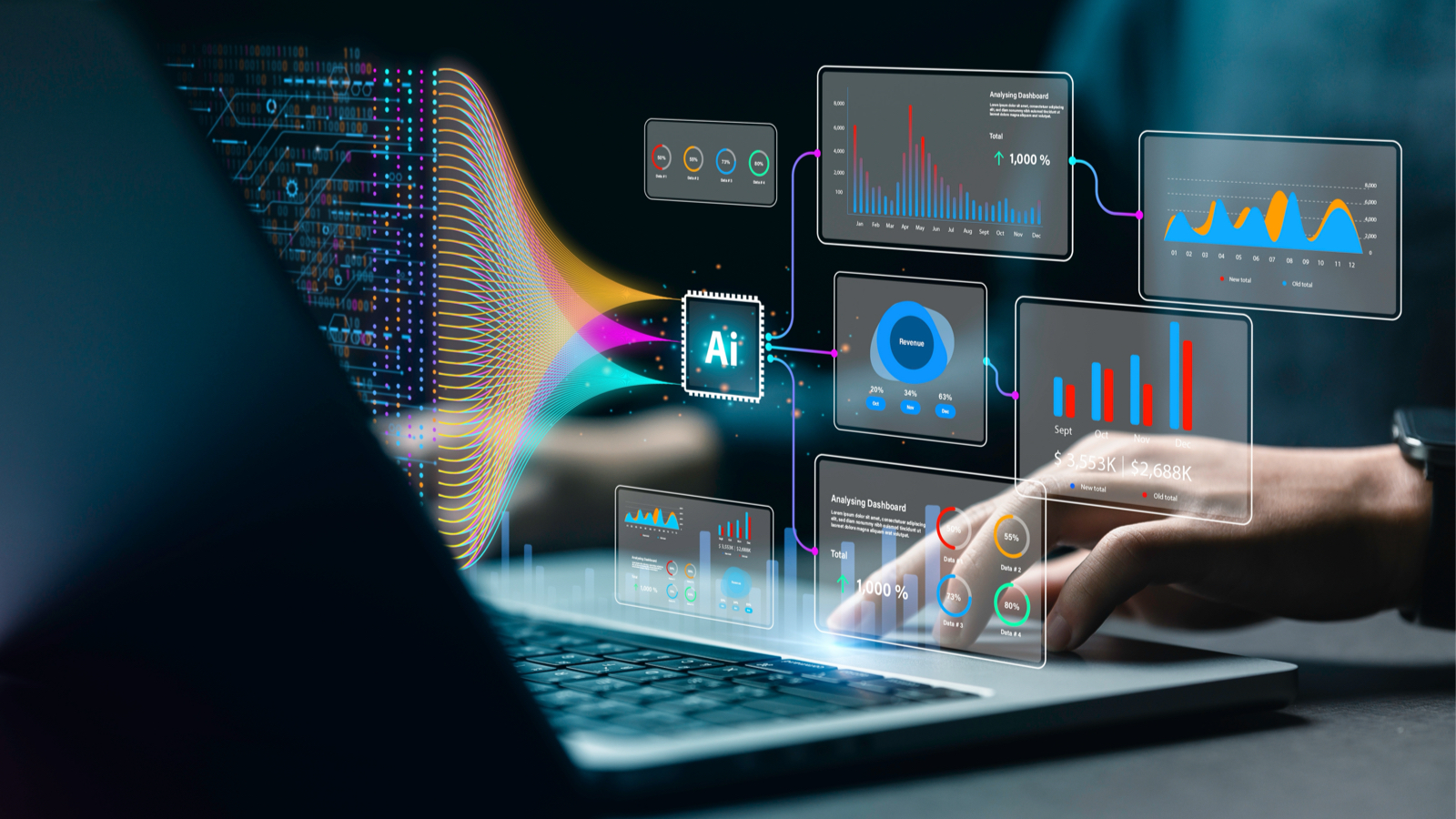






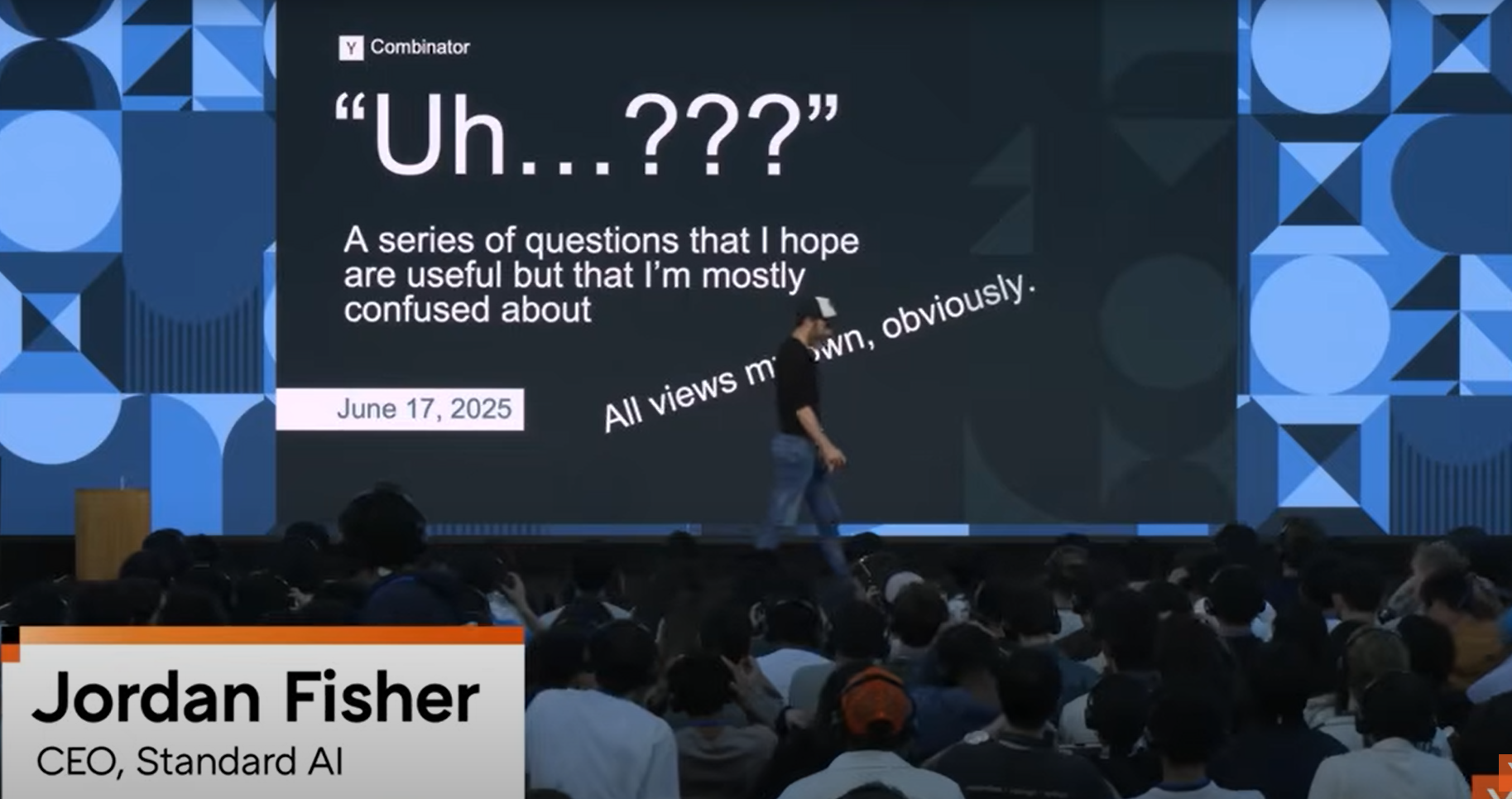










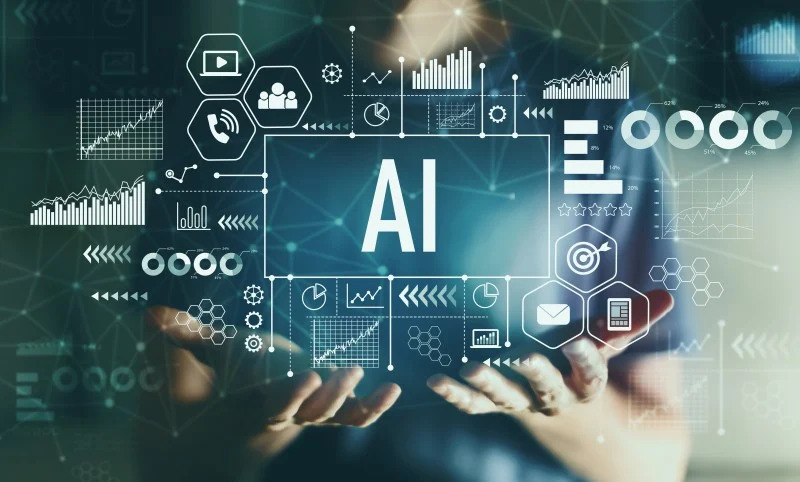









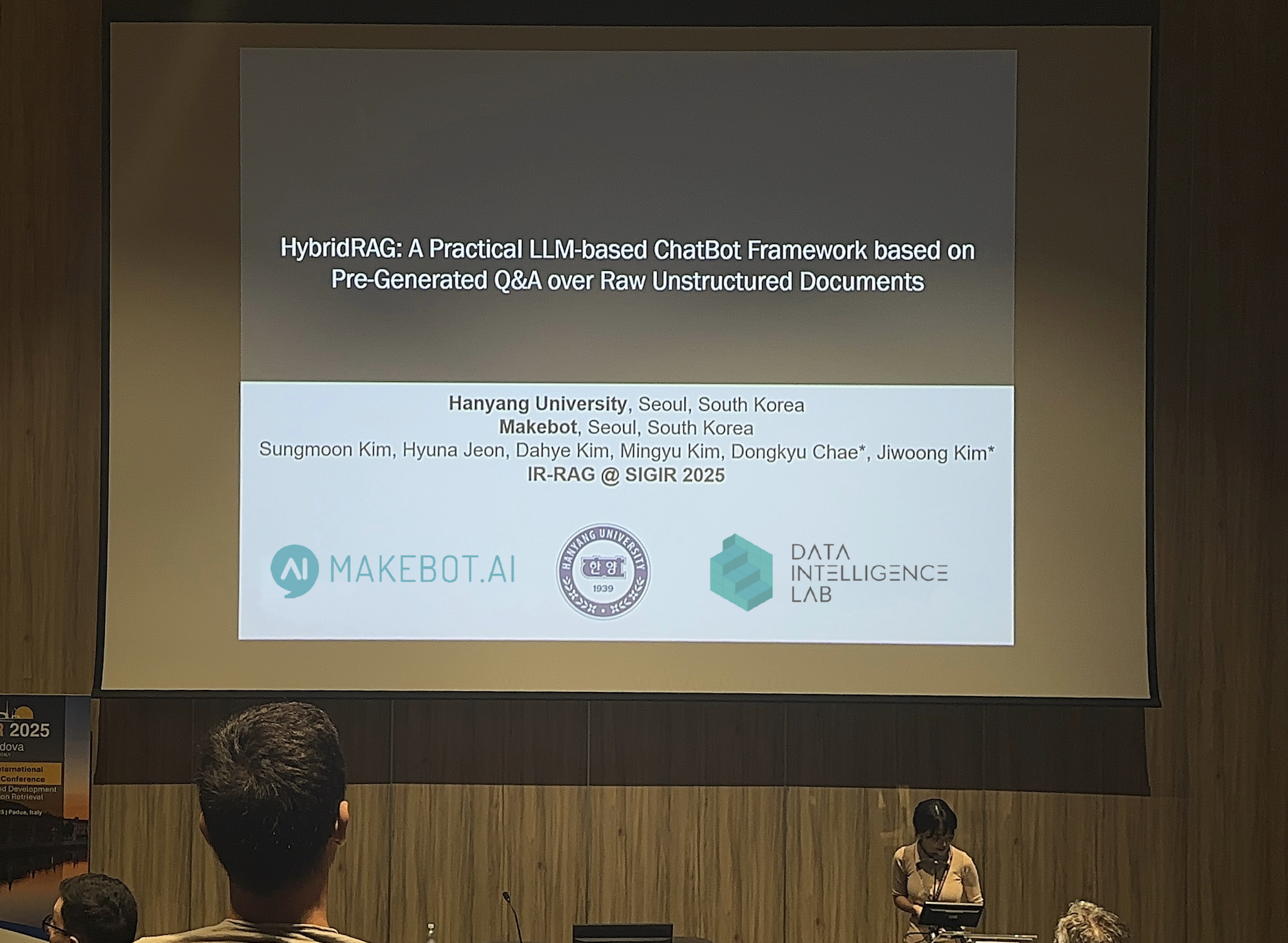









_2.png)


















.jpg)
























